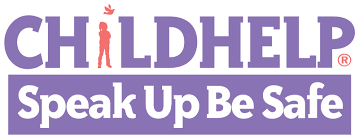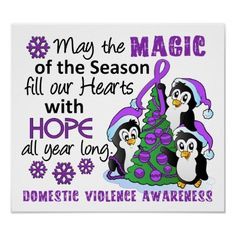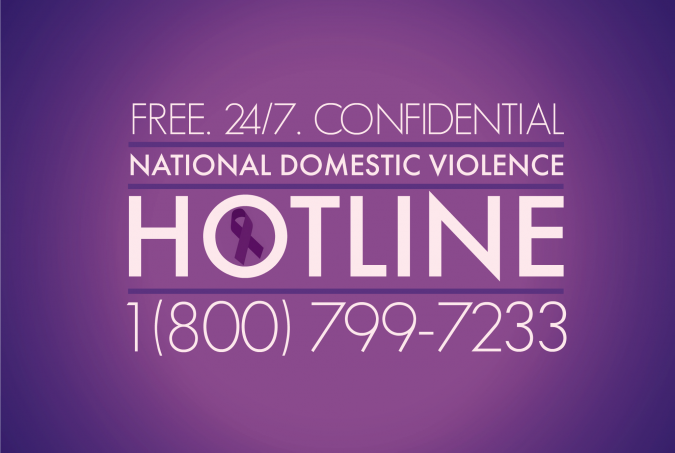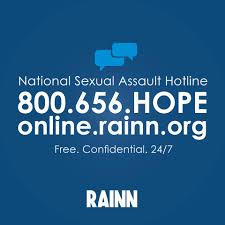
As the world grapples with the second and third surges of COVID-19, people are being told again to stay home for their safety and those around them. We are being bombarded with images of people being hospitalized after contracting the virus. It is impossible to watch the news on a given day and not hear the latest numbers of those diagnosed and dying from this dreadful illness.
For the last twenty-four years I have been providing counseling to patients who are recovering from domestic violence, childhood abuse and related traumas. Many of these men and women came to therapy to deal with the aftermath of living in physically and emotionally unsafe home environments. Everyday I ask myself and my colleagues, “What can we do to help the people and children who are currently trapped as a result of the stay at home orders?” The American Psychological Association sent messages of concern early in the pandemic saying the risk has increased dramatically for more cases of abuse. https://www.apa.org/topics/covid-19/domestic-violence-child-abuse Risk factors associated with domestic violence and childhood abuse ramped up within days of the lockdown back in March.
People have reduced access to resources, more stress due to job loss and financial pressure and disconnection from social support groups. Shelters and emergency rooms are turning people away and closing down. Children are being home schooled, so teachers are much less able to pick up on warning signs that a child may be physically or emotionally unsafe. Parents are more stressed than ever managing work and keeping their kids engaged in school.
One thing I have learned through the years is that children and adults are resilient and they are able to find ways to survive insurmountable events. I grew up in an abusive family. I remember many times when I searched within my community to find love and acceptance, whether by teachers, dance instructors or anyone who seemed like they cared. That helped me stay alive. It is heart breaking to know that these kind of opportunities are not available to those in need.

During the last several months organizations that help domestic violence and childhood abuse victims are finding creative ways to help! They are offering ways to communicate privately through their websites. Other agencies are going online and hosting chat rooms and informal discussions that are free of charge. Many of these nonprofit groups are suggesting that people who need help use a code word that is familiar to these groups. That alerts social workers and local police departments that outreach is needed.
Earlier this week I was talking to one of my teenage patients, who lives in a system that is dysfunctional and chaotic. Through the years she has utilized community involvement to stay apart from her father’s rage. Early in the pandemic she was suffering. Her anxiety increased dramatically and she became more depressed. About three months into the pandemic we talked about finding a place in her room that we called her “safety space.” When her father erupts verbally she takes herself to that space. She plugs in her headphones and listens to music and sometimes she calls a friend to distract herself. Recently, she started recording the episodes. One day she played the tirade of her father in our session. She wanted someone to be a witness to her experience and she needed me to remind her she is not the cause of his anger.
We are living in such tumultuous times and I am calling upon myself and those around me to keep an eye out for our neighbors. One advantage of being home more is we can see and hear more on what is going on around us. If you are hearing or seeing any kind of behavior that concerns you, say something. Call the local domestic violence hotline or reach out to your local police department and ask them to stop by this person’s home. If you are doubting yourself or unsure if what is happening is a case of abuse, make the call anyway! It is better to be wrong than to let something concerning go unnoticed.

Here are some resources for people who need help and for children who are at risk.
- The National Domestic Violence Hotline is 24/7, confidential and free:1-800-799-7233 and through chat.
- The National Sexual Assault Hotline is 24/7, confidential and free:800.656.HOPE (4673) and through chat.
- LoveisRespect.org for 24/7 teen dating violence support: chat, text “loveis” to 1.866.331.9474, call 1.866.331.9474
- The StrongHearts Native Helpline for domestic/sexual violence is available 7am-10pm CT, confidential, and specifically for Native communities:1−844-762-8483
- The Trans LifeLine for peer support for trans folks 9am-3am CT:1-877-565-8860 This hotline is staffed exclusively by trans operators is the only crisis line with a policy against non-consensual active rescue.
- The Deaf Hotline is available 24/7 through video phone (1-855-812-1001), email and chat for Deaf, DeafBlind, DeafDisabled survivors.
- National Parent Helpline Monday -Friday 12pm-9am CT emotional support and advocacy for parents:1-855-427-2736


